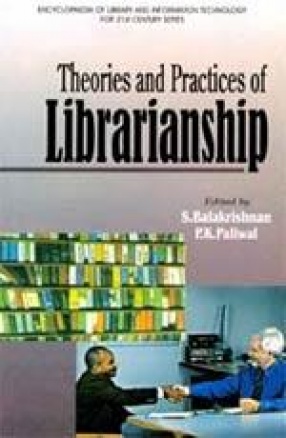
Shyama Balakrishnan

44 books
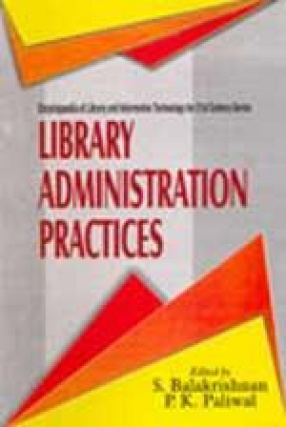

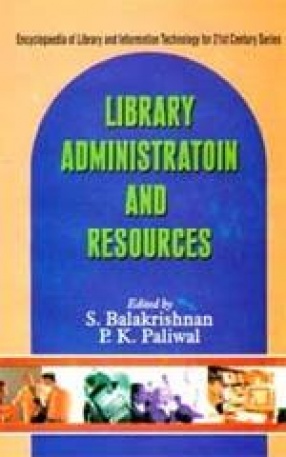
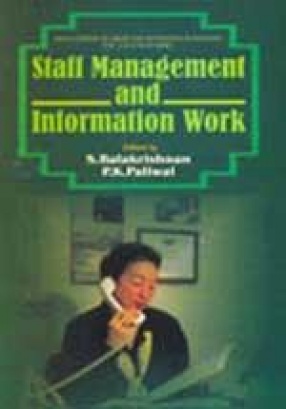
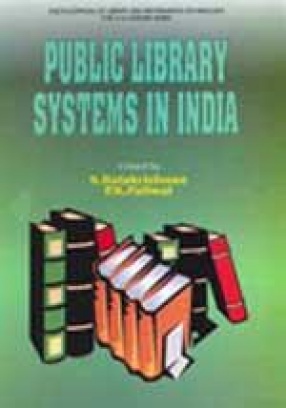
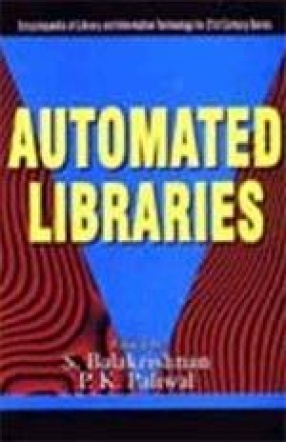
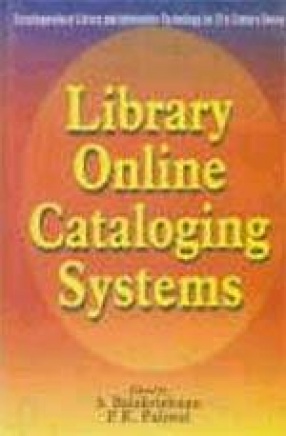
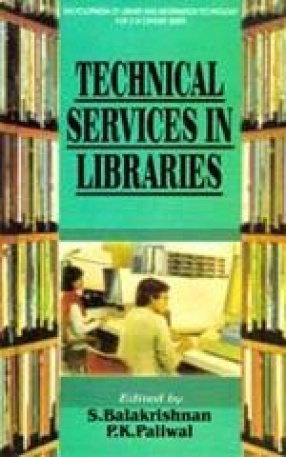
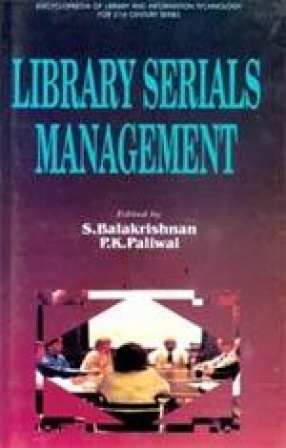
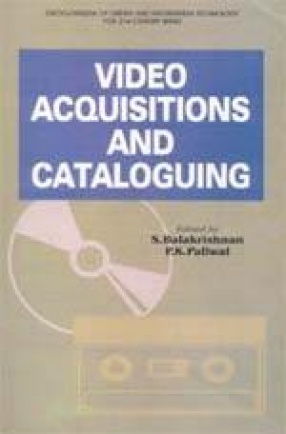
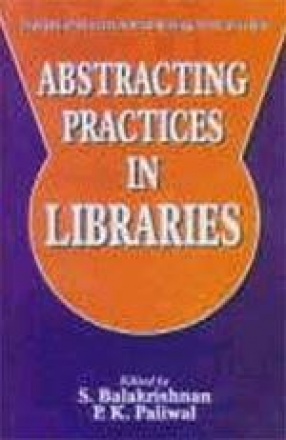
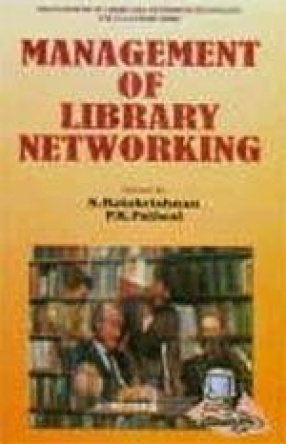
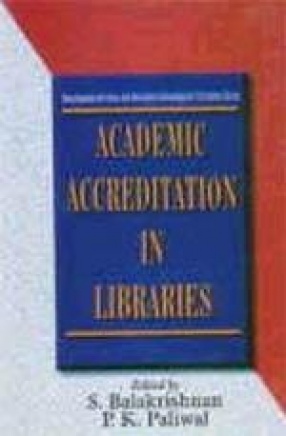

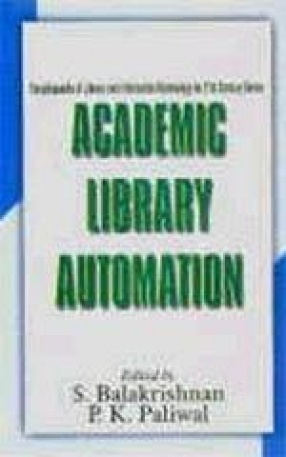
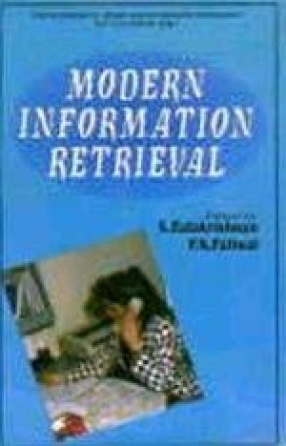
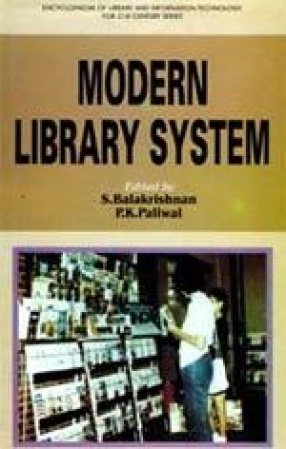

Librarianship, despite being derived from a distinct field of intellectual activity, cannot be regarded merely as form of bolt on support discipline. Many would dispute this interpretation. It is more common to attempt to distinguish 'core' elements of knowledge and skill as distinctive of a particular kind of professionality and to categorise other aspects of working knowledge as non-professional. Different theories and practices of librarianship are ...

Library administration can be studied from theoretical as well as practical angles. To have better results, practical administration must be based on sound theoretical principles. A library presents almost the same problems as are encountered with any other social institution—a college, or an industrial undertaking. It would, therefore, be appropriate to take into account the administrative functions of other social institutions and to apply them to libraries ...

There is currently considerable interest in the nature of organisations as information systems, from the perspective of computing and cybernetics (that is, the science of systems of control and communications; in particular, study of the human control system of nervous system and brain, and experimentation with applications of computing technology to intelligent processes). Library Organisation, as is obvious from the name of the title, this book contains ...
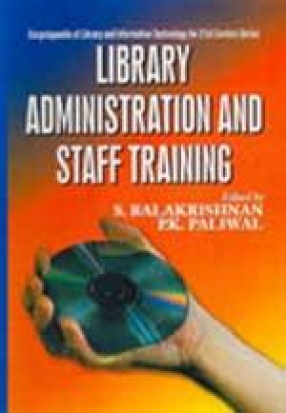
The recruitment policy of a library is planned considering the nature of its services. Thus, the recruitment policy of a public library differs from a school or college or University library or from any special and research library. Hence the recruitment of the library staff should be made by certain tests like aptitude test, personality test, interest test, intelligence test, etc. After appointment, the library needs to ensure that new staffs are trained in ...

Each organisation performs certain office functions for implementing various decisions taken by the management from time to time. A library also performs similar functions, though in a modified forms due to its special functions and jobs. Library administration looks after various functions e.g. Planning, organising, staffing, directing, coordinating, reporting, and budgeting. Some significant issues like library management planning; resources and staff training; ...
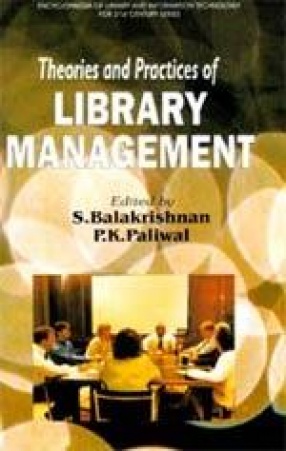
In view of fast-changing computer technology and the increasing manufacture of sophisticated computers during last few decades have changed the entire concept of library management. Hence what will be the ideal theories and practices of modern library management? This book puts light on many such vital issues like-introduction; planning and decision-making; organisation; administration; library automation; computer in library management etc. This will prove a ...

Staff management is important as mostly half of the library's budget is spent on staff salaries. So it is important to analyse and evaluate existing jobs and staffing structure and modify them in relation to changing needs such as automation, taking account of the balance between supply and demand for library and information workers. It is vital to have a well thought-out recruitment strategy using staff who are skilled in drawing up personnel specifications and ...

Public libraries have a wealth of resources on which they can draw, both external and internal, to achieve efficient services and good training practices. These include their own staff, with specialist knowledge and skills, who can be used on internal programmes and courses and local authorities' personnel departments, which can help with general principles and guidance. This book contains highly useful information derived from diverse authoritative sources ...
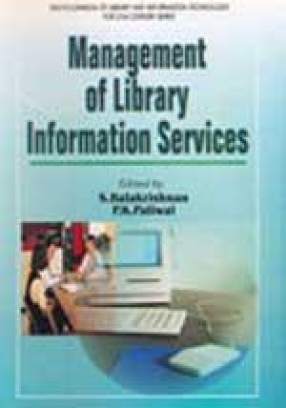
Scientific management has been defined as an attitude of mind, a belief that the use of the scientific method-with its emphasis on definition of basic assumptions, measurement, experimentation, quantified evaluation, and repeated reexamination of assumptions and results-can produce better management than blind acceptance of existing practice or the choice of alternatives by intuition. Some important aspects of the management of library information services ...

For computer application to library and information activities many attempts have been made during last two decades. It is only recently that libraries and information centres have become more earnest to computerise their operations and services. With the advent of low cost microcomputers, the libraries and information centres are now encouraged to switch over to computerisation. There is also an enthusiasm among the professionals to get trained in library ...

Online catalogues can be looked at from several perspectives. The design of an online catalogue must take into account a quite different set of circumstances. Considerable diversity exists among users in their level of knowledge about library catalogues and in the extent to which they are familiar with the use of computerized systems. The library will usually have little opportunity to balance its diversity through a planned program of controlled instruction and ...

Technical services are those services that provide access to information existing in some published form. It divides into two major components: (1) physical access which is created through the process of acquiring, organising, and labelling information packages, and (2) bibliographic access, which requires the creation of the descriptive and subject tags that allow the eventual users to select the information package needed. All other aspects of library service ...

A continuing source of information for serials specialists is, of course, the printed literature. Most professionals during their formal training are encouraged to begin "getting into" the literature, and this advice is perhaps even more important for the practitioner. A wealth of material is printed every year, and if a person is conscientious and pursues even a small portion of it, much information can be gained. The present book is designed to bring ...

The actual acquisition of videocassettes is arguably the most intensive library process because of the continuous monitoring of the market, surveying vendor catalogs, and making deals with industry representatives, the process of cataloging those materials is much more detail-oriented and has a greater potential for negative consequences, if not performed to certain standards, than the simple act of purchasing. The number, correctness, and inclusiveness of ...

Abstracting services are important links in the chain of communication between the originator of information and the ultimate user. Enormous growth in published literature, diversity of publications, language barrier and scatter of published information etc., are some of the factors that have contributed the launching of abstracting and indexing services. Abstracting services are most important and useful tools. These bring together all or significant current ...

Library networking has proved a boon to the users. Resource sharing activity has at its heart, the goal of maximising the availability and utilisation of information resources and services at minimum cost. In fact the modern concept of resource sharing overflows the boundaries as defined above and encompasses other spheres of activities like—cooperative acquisitioning, cataloguing and classification; cooperation in training and development of the library ...

Accreditation is a procedure developed specifically to meet the needs of colleges and universities. It is a system of quality assurance, based on the premise that the diverse institutions of higher education can best be evaluated through a process combining self-evaluation and peer review. Accreditation uses a two-step process of evaluation, combining institutional self-study based on published standards or criteria and visit from a team of experts. Here in this ...

A library catalogue is a methodically arranged record of information about the resources—books and other graphical material. Roughly speaking a library catalogue is primarily a ‘finding list’ constructed to identify, trace and locate a book and other graphic materials in the library concerned. In the age of computers and Internet conventional methods of cataloguing have become obsolete. This book puts light on different vital issues on modern cataloguing ...

An automated system can allow a smaller staff to process materials faster at a lower cost, a real boon to libraries in this age of cost cutting and staff reductions. Whether an academic library is planning to purchase its first automated system or is planning to have a more advanced system, a study should be done to determine what operations will be automated and what the system should be able to do? Automated systems are either commercially developed turnkey ...

An information retrieval system is a device interposed between a potential user of information and the information itself. For a given information problem, the purpose of the system is to capture wanted items and to filter out unwanted items. Information retrieval is a concept that applies to systems and functions outside as well as within the framework of traditional libraries. According to this broader view, the human brain itself can be viewed as an enormously ...
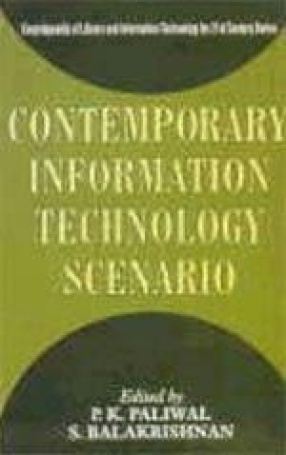
In a world that has become more visually oriented, our education and information infrastructure must develop techniques to incorporate these changes. Information technology, through the melding of computer technology with communications, digital imaging, and full motion video and sound, can be a powerful ally to improve education and thus improving skills for gainful employment. As is obvious from the name of the title, this book puts light on a variety of core ...

In modern library system scientific management requires complete mental revolution on the part of workers and management. In the age of IT revolution, library system has also undergone drastic changes. The concept of modern library system is categorically narrated in this book. Academics and professionals in the field will find this work an authentic reference tool.
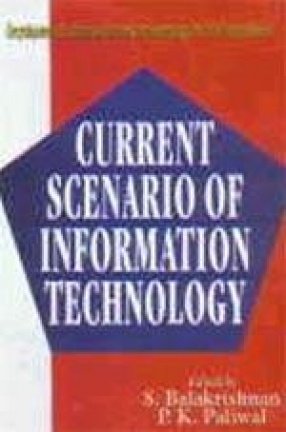
Information science is an interdisciplinary science that investigates the properties and behaviour of information, the forces that govern the flow and use of information, and the techniques both manual and mechanical, of processing information for optimal storage, retrieval and dissemination. In this book, as is obvious from the name of the title, current scenario of information technology is logically presented. Rich and authentic information contained seven ...
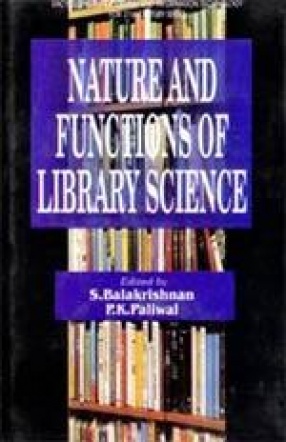
Different types of libraries have evolved in response to different kinds of problems. The public library, the special library, and the research library, for example, all differ in this regard. Nevertheless, all libraries are concerned in one way or another with acquiring, organizing, and providing effective access to recorded information. It might seem obvious that, to understand how to improve libraries, one should study how people seek and use information. ...
